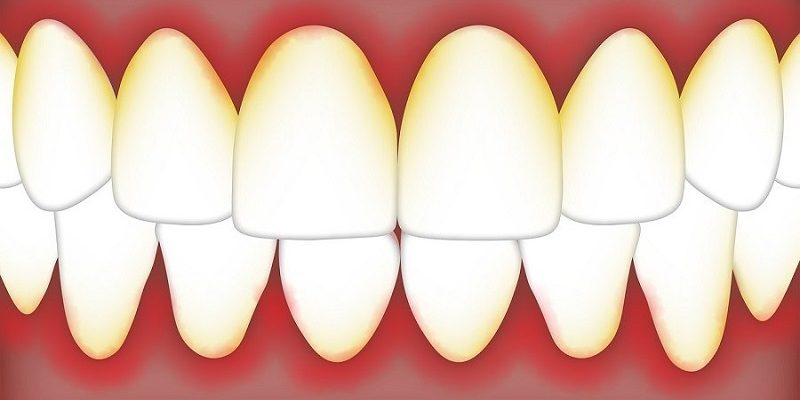What is Periodontitis?
Periodontitis, otherwise known as gum disease, is a serious bacterial infection of the gums. It is caused by bacteria and ranges in severity. Over time, periodontitis can lead to damage of the soft tissue, teeth, and bones, possibly resulting in the loss of teeth. This condition is treatable, and with care, the damage can be slowed down or even stopped.
Stages of Periodontitis
There are four stages of periodontitis. The further along the disease is, the harder it is to stop the damage.
- Stage 1- Gingivitis: This is characterised by bleeding gums and bad breath. Dentists check for gingivitis by inserting a small measuring stick into the area between the tooth and the gums. A healthy measurement shows a pocket depth measurement of 1 to 2 millimeters, while gingivitis reads with a pocket depth measurement of 2 to 4 millimeters.
- Stage 2- Early Periodontitis: The gum tissue has inflammation surrounding the teeth, which leads to bone loss. The pocket depth in this stage measures 4 to 5 millimeters. Gums bleed very easily when flossing and during cleanings at the dentist. The gum tissue starts to pull back from the teeth.
- Stage 3- Moderate Periodontitis: A moderate amount of bone loss occurs. Infections are common, causing more bleeding, pus, and pain near the teeth. The infections may go into the bloodstream and cause problems throughout the body. The patient’s teeth may be very sensitive as the gums recede, possibly even becoming loose. The pocket depth in this stage measures 6 to 7 millimeters.
- Stage 4- Advanced Periodontitis: The gums are infected and may ooze. Severe pain is common when chewing. Bad breath is evident, and patients will constantly have a bad taste in their mouth due to the infection. The pocket depth measures more than 7 millimetres. Teeth may fall out, causing the remaining teeth to shift into the empty spots. This stage is usually linked with more severe health conditions, including diabetes, heart disease, and cancer.
Symptoms of Periodontitis
Patients with healthy gums that are firm, fit close to the teeth and are pale pink in colour. Patients with periodontitis, on the other hand, can have a number of symptoms, which may include:
- Bleeding gums
- Inflamed gums
- Tender gums
- Gums that recede from the teeth
- Gums that are bright red, dark red, or a shade of purple
- Pus in the area between the gums and teeth
- Teeth that are loose or falling out
- Bad breath
- Spaces that start to develop between teeth
- Teeth fitting together differently when biting down
- Chewing that is painful
What are the causes of Periodontitis?
Periodontitis usually starts with plaque and poor oral hygiene.
Even with good maintenance, however, plaque quickly re-forms. Over time, plaque hardens into tartar under the gumline. Tartar is impossible to get rid of just by brushing and flossing and requires professional dental cleanings.
Plaque can lead to gingivitis, stage 1 of periodontitis. The gums become inflamed and irritated around the base of the teeth.
If gingivitis is not taken care of, it can lead to more advanced stages of periodontitis, with pockets between the gum and teeth that are filled with plaque, bacteria, and tartar, ultimately leading to gum loss.
How to treat Periodontitis
Periodontitis is preventable with proper maintenance, which includes brushing twice a day and flossing once a day to remove plaque, along with regular visits to the dentist.
The early stages of periodontitis are easily treatable, and the damage can be stopped with proper oral hygiene at home. Some of the best oral care home practises include:
- Brushing and flossing daily
- Eating more fruits to boost Vitamin C, which fights gingivitis
- Eating more foods with Vitamin A, which helps teeth and bones grow
- Gargling with sea salt to reduce the overall inflammation that the gums may have due to gingivitis
Going to regular professional dental cleanings is also important, as dentists will do deep cleanings to get rid of any plaque and tartar build-up. If the bacterial infections get severe, antibiotics and mouth rinses may be prescribed. For the most severe cases, surgery may be necessary to repair damage to the gums.
Author Bio: Oatlands Dental Lounge, committed to making every patient’s visit a comfortable and personalised as possible. We consider our dental team, our patients and their families to be valuable elements – when you become part of the Oatlands Dental Lounge family, you become a very important person!







